Tag: gubernatorial
-
Alaska holds first top-four primary for governor

Alaska held its first top-four primary for governor on August 16. Based on unofficial returns on election night, three candidates—Gov. Mike Dunleavy (R), former state Rep. Les Gara (D), and former Gov. Bill Walker (I)—appeared likely to advance. Dunleavy received 42.3% of the vote, followed by Gara with 21.7% and Walker with 21.4%. The fourth…
-
Joshua Green defeats Vicky Cayetano, Kaiali’i Kahele, and four other candidates in Hawaii’s Democratic gubernatorial primary
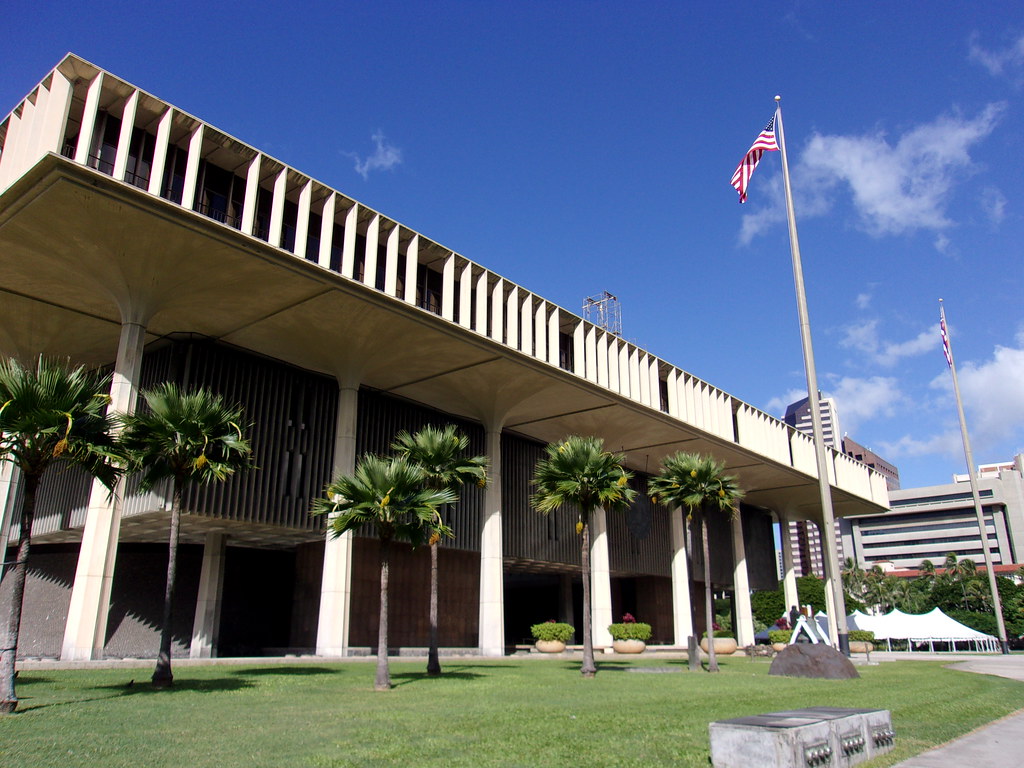
Joshua Green defeated Vicky Cayetano, Kaiali’i Kahele, and four other candidates in Hawaii’s Democratic gubernatorial primary on August 13, 2022. Incumbent David Ige (D) was term-limited. Green is Hawaii’s current lieutenant governor and an emergency room physician. He said, “I’m running for Governor because Hawaii needs elected leaders we can trust — to tell us…
-
Lake, Republican nominee for governor of Arizona, completed Ballotpedia’s Candidate Connection survey

Kari Lake, who won the Republican primary for governor of Arizona on Aug. 2, completed Ballotpedia’s Candidate Connection survey in May 2022. The Candidate Connection survey is an opportunity for voters to learn more about candidates through a variety of personal and political questions. A selection of Lake’s survey responses are excerpted below. To read…
-
Kari Lake wins Republican primary for governor of Arizona
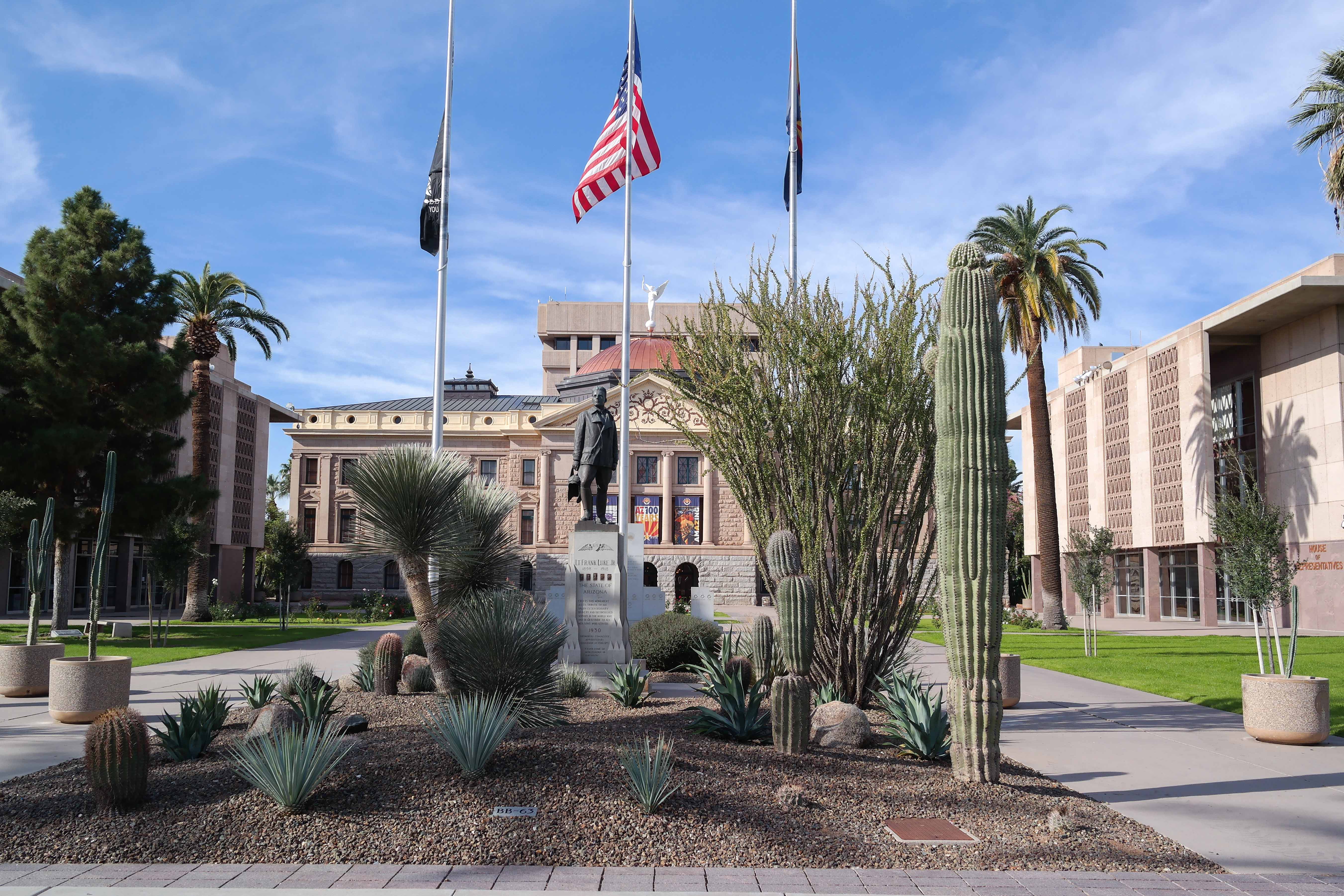
Kari Lake defeated Karrin Taylor Robson, Scott Neely, and Paola Tulliani-Zen in the Republican primary for governor of Arizona on Aug. 2, 2022. With 90% of the expected vote counted, Lake had received 47% of the vote, followed by Taylor Robson with 44%. Incumbent Gov. Doug Ducey (R) is term-limited. Heading into the primary, Lake…
-
Dixon wins Michigan’s Republican gubernatorial primary
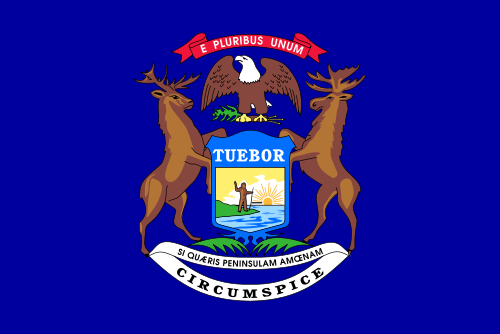
Tudor Dixon defeated seven other candidates—four on the ballot and three write-ins—in Michigan’s Republican gubernatorial primary on Aug. 2, 2022. Dixon is a former anchor for America’s Voice News. During the primary, Dixon called herself “the visionary and clear policy leader in the Republican field,” saying she would “rebuild and grow the economy, stop the…
-
Wes Moore projected to win Maryland Democratic gubernatorial primary
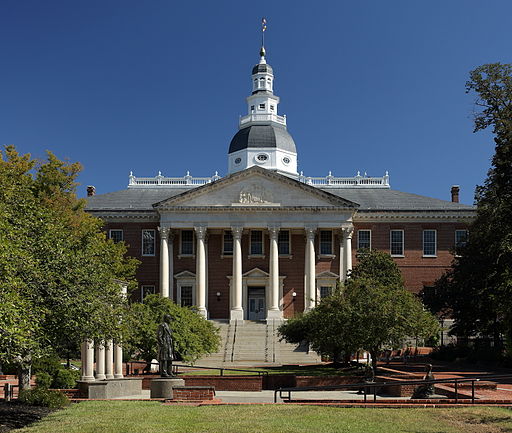
Major media outlets projected Wes Moore as the winner of Maryland’s Democratic gubernatorial primary. With uncounted mail-in votes remaining, Moore received 33.8% of the vote, followed by Tom Perez with 28.3% and Peter Franchot with 21.5%. Moore worked in the finance sector and as CEO of the Robin Hood Foundation, in addition to writing books…
-
Seven candidates running in Democratic primary for governor of Hawaii

Seven candidates are running in the Democratic primary for governor of Hawaii on Aug. 13. Incumbent David Ige (D) is term-limited. Vicky Cayetano, Joshua Green, and Kaiali’i Kahele lead in polling and media attention. Cayetano co-founded Hawaii’s largest laundry company and served as president and CEO for 34 years. Cayetano said, “My record of building…
-
Four candidates running in Democratic gubernatorial primary in Florida
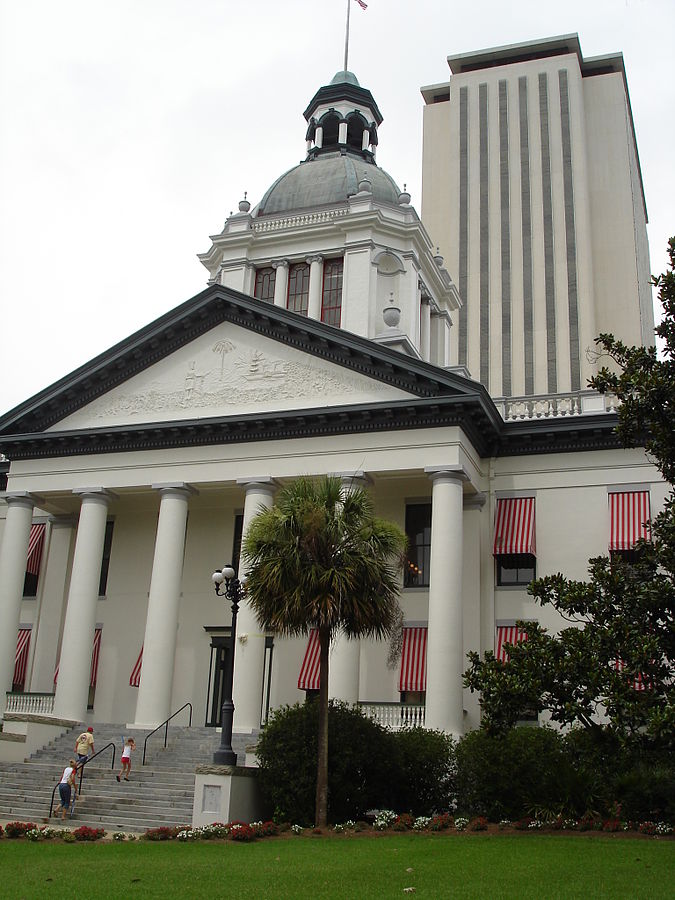
Charlie Crist, Cadance Daniel, Nikki Fried, and Robert Willis are running in the Democratic primary election for Governor of Florida on August 23, 2022. Crist and Fried have received the most media attention and endorsements. Crist was elected to the U.S. House in 2016. He served as governor from 2007 to 2011, attorney general from…
-
Six candidates are running in the Republican primary for governor of Michigan

Six candidates are running in the Republican primary for governor of Michigan. Four candidates—Tudor Dixon, Ryan Kelley, Kevin Rinke, and Garrett Soldano—lead in fundraising and polling. The winner of the primary will face incumbent Gov. Gretchen Whitmer (D) in the November general election. Dixon is a former news anchor for America’s Voice News. Dixon called…
-
Former U.S. Rep. Matt Salmon withdraws from Arizona governor’s race
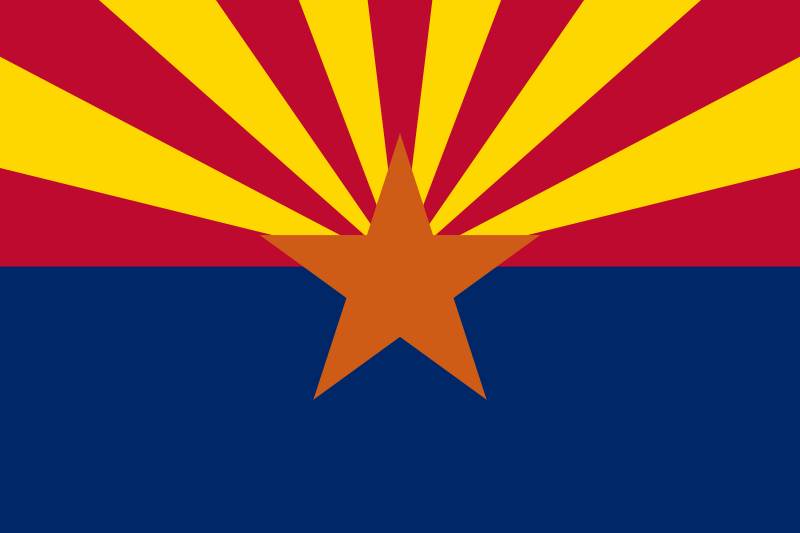
Former U.S. Rep. Matt Salmon withdrew from the Republican primary for governor of Arizona on June 28, 2022, saying that “primary voters deserve more than having their votes split.” Salmon endorsed Karrin Taylor Robson the following day. Club for Growth and FreedomWorks had endorsed Salmon, along with U.S. Sens. Ted Cruz (R-Texas), Lindsey Graham (R-S.C.),…

